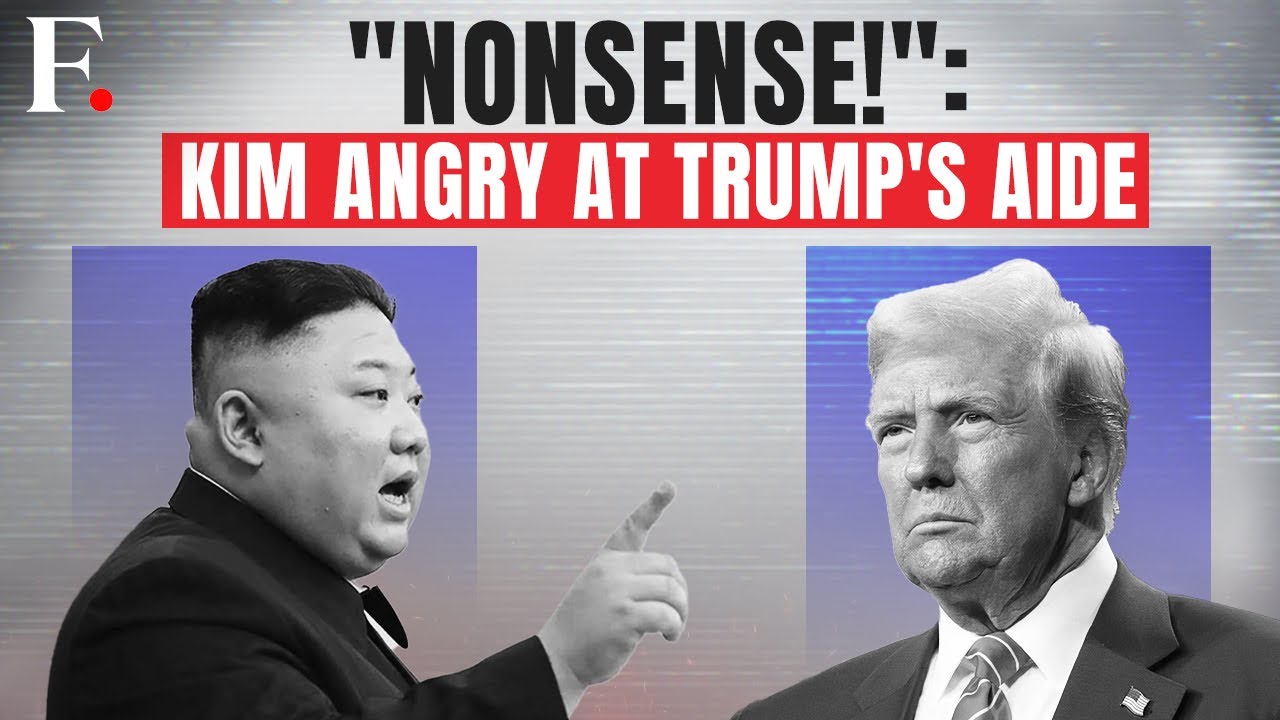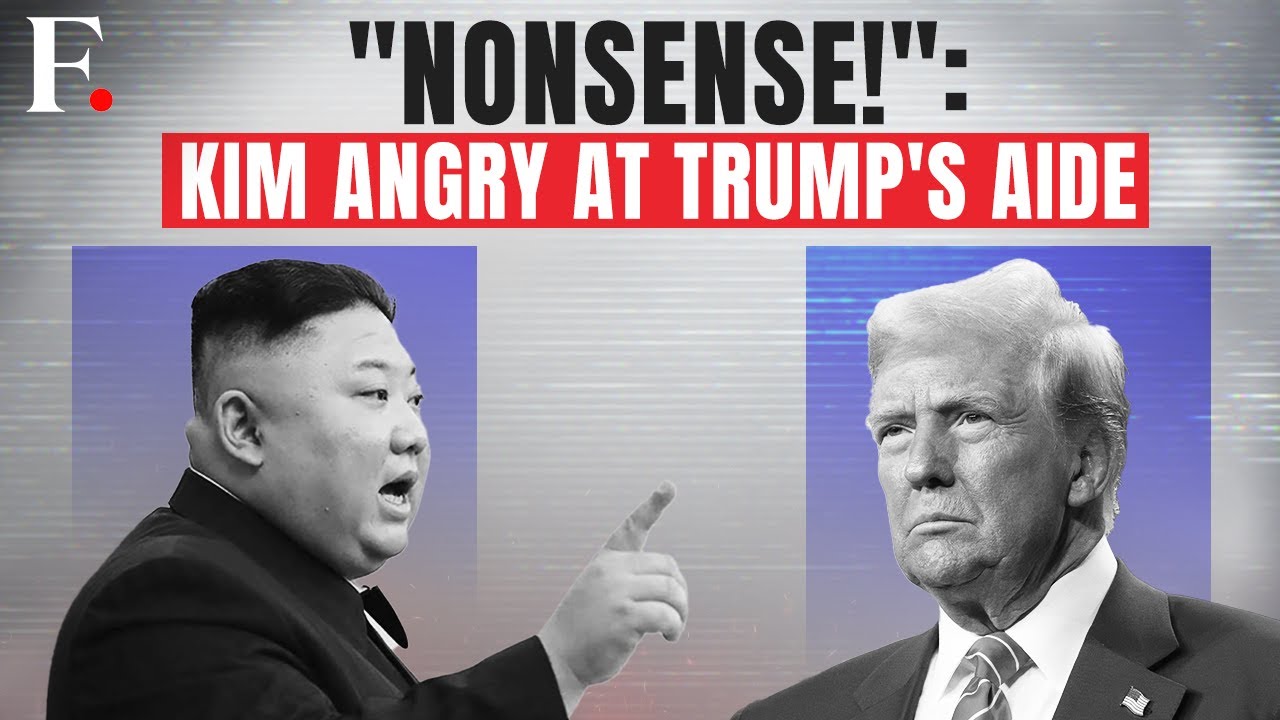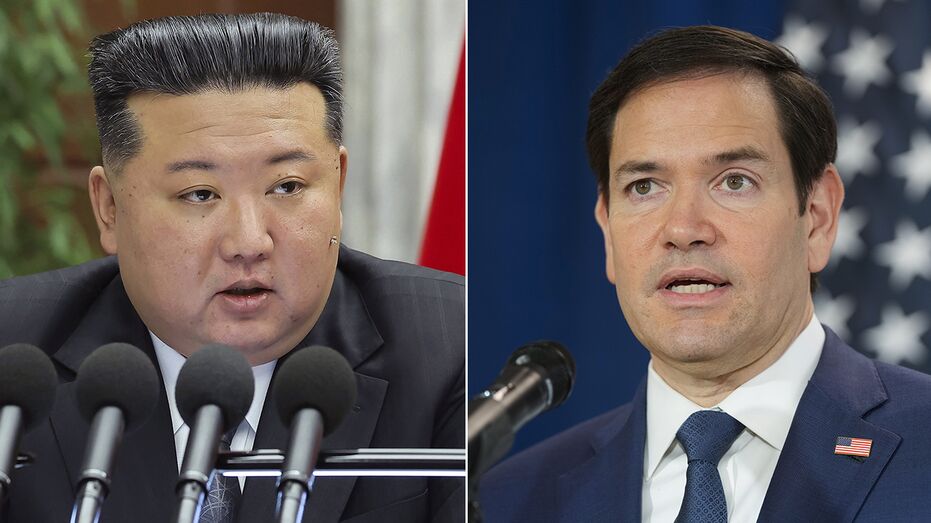
North Korea Criticizes U.S. Secretary of State for ‘Rogue State’ Remarks
In a fervent reaction to recent comments made by U.S. Secretary of State Marco Rubio, North Korea has lashed out against the label of “rogue state” applied to the nation. The North Korean foreign ministry termed Rubio’s assertion “nonsense” and explicitly stated the regime’s intent to take significant measures against any provocations from the Trump administration.
Rubio’s Comments on Global Powers
Rubio’s remarks came during an appearance on *The Megyn Kelly Show*, as he outlined the shifting dynamics of U.S. foreign policy in the contemporary world. He noted, “It’s not normal for the world to simply have a unipolar power. That was an anomaly — a product of the end of the Cold War. Eventually, the world reverts to a multipolar state with great powers in different regions.” He further highlighted nations such as China and Russia as significant powers while including Iran and North Korea as “rogue states” that the U.S. needs to engage.
North Korea’s Condemnation
The North Korean foreign ministry did not hold back in its denunciation of Rubio’s terminology. A formal statement asserted that the Secretary of State had “talked nonsense” by labeling the Democratic People’s Republic of Korea (DPRK) in such a manner, turning Rubios’ comments into what they described as a “grave political provocation.”
“His words represent a violation of the principles of international law, which emphasize respect for sovereignty and non-interference in other nations’ internal affairs.”
This statement reinforced North Korea’s long-standing position on its sovereignty and the perceived threats from the U.S., which it views as a continual adversary. They described Rubio’s remarks as “coarse and nonsensical,” arguing that such statements reflect a fundamentally misguided understanding of the DPRK. Furthermore, the North Korean authorities declared, “We will never tolerate any provocation of the U.S., which has always been hostile to the DPRK and will continue to be hostile in the future.” They pledged to take “tough counteraction” against any perceived hostility.
Rubio’s Perspective on U.S. Foreign Policy
In discussing U.S. foreign policy, Rubio emphasized the crucial balance between guarding national interests and avoiding military conflict. He remarked, “Now more than ever, we need to remember that foreign policy should always be about furthering the national interest of the United States, and doing so, to the extent possible, avoiding war and armed conflict, which in the last century has been incredibly costly.”
Lessons From History
Rubio drew parallels to historical events, specifically referencing the destruction wrought by World War II, to highlight the potential consequences of modern conflicts. “They’re celebrating the 80th anniversary of the end of the Second World War this year. If you look at the scale and scope of destruction and loss of life that occurred, a global conflict now would be far worse. It might even end life on the planet,” he cautioned.
The Need for Balanced Policy
In the face of growing tensions, Rubio reiterated the pressing need for the U.S. to navigate foreign policy carefully. He noted that while the potential for destruction posed by multiple nuclear-armed nations is a reality, the U.S. must never compromise its national interests in the effort to avoid conflict. “We need to work hard to avoid armed conflict as much as possible, but never at the expense of our national interest. That’s the tricky balance we face,” he concluded.
Conclusion
The exchange between U.S. Secretary of State Marco Rubio and North Korea underscores the fraught dynamic of international relations today. As North Korea reaffirms its commitment to counter any adversarial action from the U.S., the ongoing dialogue about foreign policy remains imperative for both nations. The balance of power, respect for sovereign states, and the pursuit of peace without compromising national interests will continue to shape policy discussions in the months ahead.


















